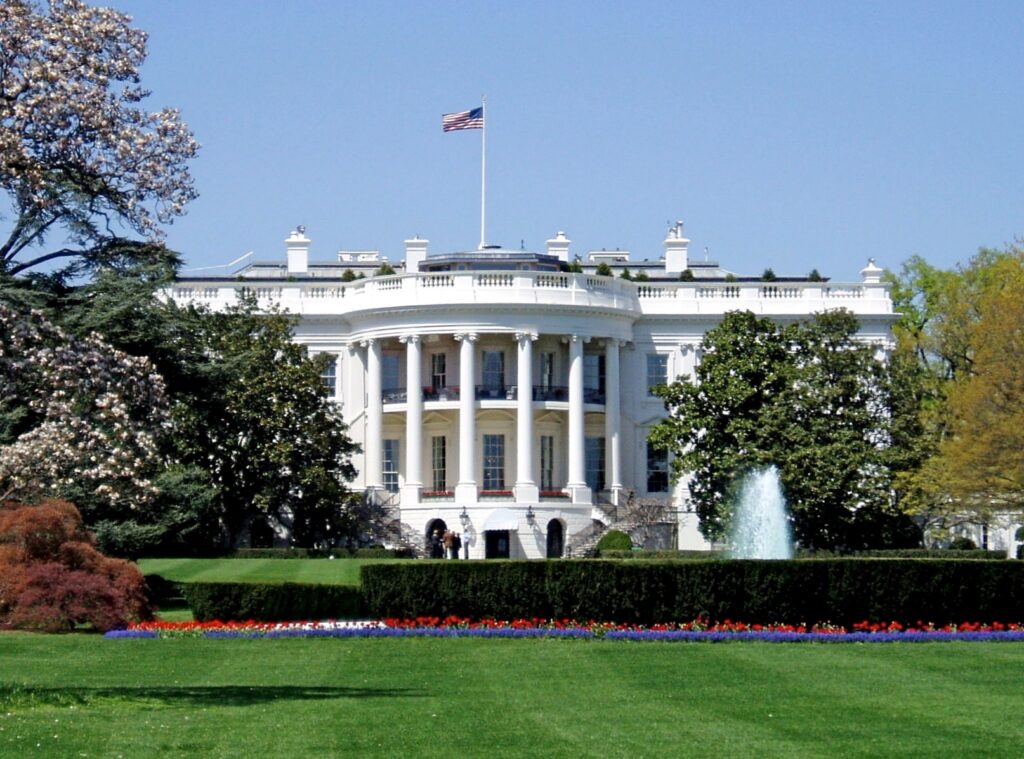The Final Reconciliation Package: Implementation of Key Provisions
On July 4, 2025, H.R. 1, the One Big Beautiful Bill Act, was signed into law. The implementation dates for key health care provisions in the law vary, with some taking effect immediately upon passage and others being implemented over several years. This resource details key dates for the implementation of the law’s most significant health care provisions.
Deadlines in Health-Related Executive Orders and Presidential Memoranda
This GIH policy resource details many of the health-related executive orders issued by the administration and includes a calendar of upcoming implementation deadlines.
Beyond the Exam Room: Impacting Health Outcomes Through Civic Engagement
August marks Civic Health Month, a time to showcase the link between voting and health and celebrate efforts that ensure every voter can support their community’s health at the ballot box. At the same time, the United States is grappling with a health care system ranked 37th globally despite consuming 17 percent of the country’s GDP. With 26 million Americans uninsured and 43 million underinsured, the gap in access to care continues to widen. This crisis will deepen as critical ACA subsidies expire at the end of 2025, potentially leaving 3.8 million more Americans without coverage, in addition to new federal cuts to Medicaid and changes to how coverage is accessed through the health insurance marketplace, which could result in as many as 20 million Americans losing their health insurance.
Changing Expectations for Care at the End of Life
The culture and system of care at the end of life present unnecessary emotional, physical, and financial burdens for patients and their loved ones. Although this is what we have come to expect, other realities are possible.
Race to the Top: Is Children’s Health in the Running?
The Race to the Top-Early Learning Challenge (RTTELC), jointly administered by the U.S. Departments of Education, and Health and Human Services, is the latest federal opportunity for states to receive grants to transform education systems and improve achievement outcomes for children.
Effective Behavioral Health Funding in an Era of Health Care Reform
Health funders today operate in an environment of change and uncertainty as policy changes driven by federal health care reform affect health care at state and local levels – often in ways that are hard to predict. Meanwhile, health funders increasingly recognize that addressing behavioral health challenges is central to promoting healthy individuals, families, and communities.
Health Care Reform: Promises and Pitfalls for Maternal and Child Health
In 2009 health care spending in the United States reached an all-time high of nearly $2.5 trillion, representing an almost two-fold increase in spending on a per capita basis since 1997 (NIHCM Foundation 2011).



